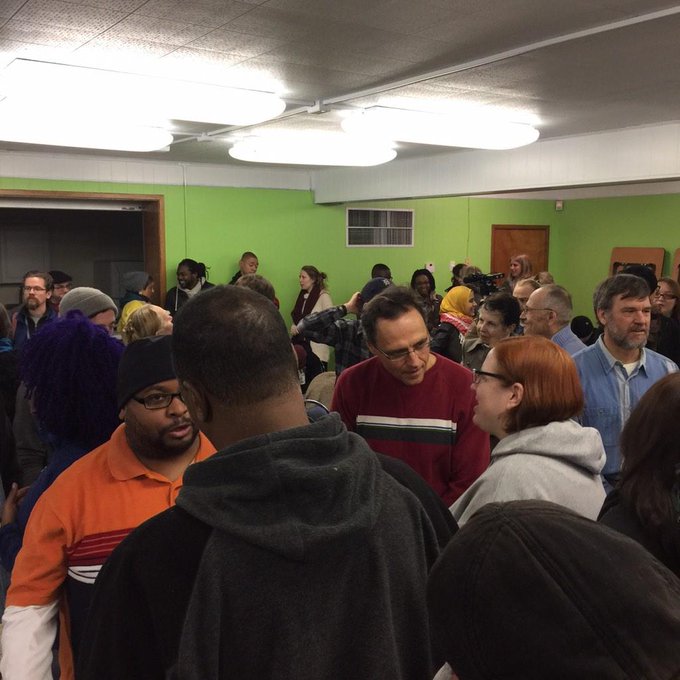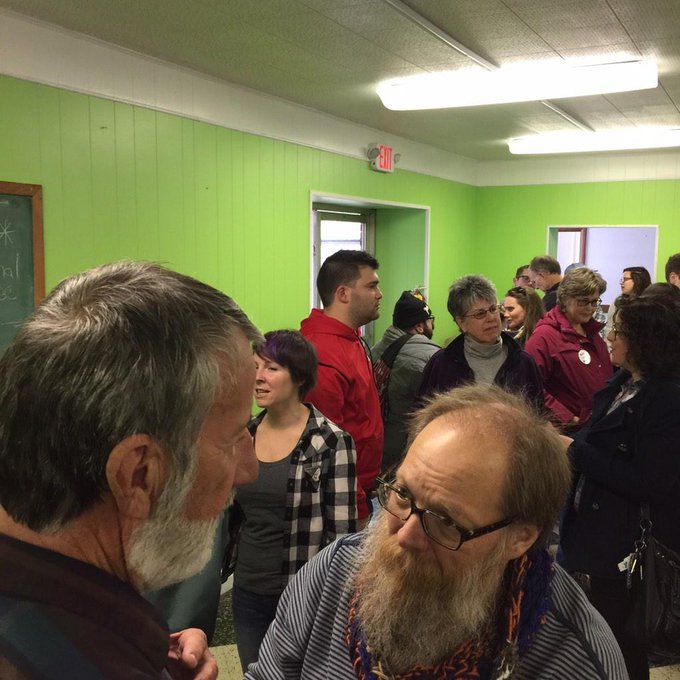Today was a momentous day in American history, on this day 150 years ago, President Lincoln gave a 2 minute speech at the dedication of the Gettysburg battlefield where a little over 4 months earlier over a 3 day battle, the North was able to defeat the armies of the South. At the beginning of the battle, this was the highpoint of the Southern Succession movement. General Lee was hoping this incursion into the North would be successful. In the past the Armies of northern Virginia has acted in a defensive nature, basically defending Richmond, the capital of the confederacy.
This was a strategic movement of the Southern armies, and the 3 day battle was a culmination of the movement. General Lee was hopeful that this attack would force a defeat of the Union armies under George Meade on northern soil and this action would have the countries of England and France recognize the confederacy and force the United States to accept the confederacy.
Picketts Charge is widely recognized as the high-water mark of the Confederates fortunes.
Picketts Charge at Gettysburg.
There would be 2 more years of war, and the Confederacy even after Gettysburg still could have prevailed. President Lincoln was under enormous pressure especially with the mounting casualties from the war and the constant setbacks. General Lee by this time had attained glorious reputation and his exploits were the stuff of legends. Many in the North lamented this and President Lincoln was under severe political pressure from the
Copperheads to have a political settlement to the war. President Lincoln feared that having 2 countries in the geographical area would make both weak and vulnerable to outside interference. Remember the
Monroe Doctrine, back then the countries in Europe were on a race to either colonize or spread their own influence through the world. Look at the effect on Africa, We had our own manifest destiny to go from sea to sea and having the French, Germans or English meddling would have caused problems with that.
Following the July 1–3, 1863,
Battle of Gettysburg, reburial of Union soldiers from the
Gettysburg Battlefield graves began on October 17. The committee for the November 19
Consecration of the National Cemetery at Gettysburg
invited President Lincoln: "It is the desire that, after the Oration,
you, as Chief Executive of the nation, formally set apart these grounds
to their sacred use by a few appropriate remarks."
Lincoln's address followed the oration by
Edward Everett, who subsequently included a copy of the Gettysburg Address in his 1864 book about the event (
Address
of the Hon. Edward Everett At the Consecration of the National Cemetery
At Gettysburg, 19th November 1863, with the Dedicatory Speech of
President Lincoln, and the Other Exercises of the Occasion; Accompanied
by An Account of the Origin of the Undertaking and of the Arrangement of
the Cemetery Grounds, and by a Map of the Battle-field and a Plan of
the Cemetery).
During the train trip from Washington, D.C., to Gettysburg on November 18, Lincoln remarked to
John Hay that he felt weak. On the morning of November 19, Lincoln mentioned to
John Nicolay
that he was dizzy. In the railroad car the President rode with his
secretary, John G. Nicolay, his assistant secretary, John Hay, the three
members of his Cabinet who accompanied him,
William Seward,
John Usher and
Montgomery Blair,
several foreign officials and others. Hay noted that during the speech
Lincoln's face had 'a ghastly color' and that he was 'sad, mournful,
almost haggard.' After the speech, when Lincoln boarded the 6:30 pm
train for Washington, D.C., he was feverish and weak, with a severe
headache. A protracted illness followed, which included a vesicular rash
and was diagnosed as a mild case of
smallpox. It thus seems highly likely that Lincoln was in the prodromal period of smallpox when he delivered the Gettysburg address: The following speech was short and is considered one of the best political speeches in history. Compare the brevity of Lincoln's speeches to the pontification of the speeches given in this day and age.
Four
score and seven years ago our fathers brought forth on this continent a
new nation, conceived in liberty, and dedicated to the proposition that
all men are created equal.
Now
we are engaged in a great civil war, testing whether that nation, or
any nation so conceived and so dedicated, can long endure. We are met
on a great battlefield of that war. We have come to dedicate a portion
of that field, as a final resting place for those who here gave their
lives that that nation might live. It is altogether fitting and proper
that we should do this.

But,
in a larger sense, we can not dedicate, we can not consecrate, we can
not hallow this ground. The brave men, living and dead, who struggled
here, have consecrated it, far above our poor power to add or detract.
The world will little note, nor long remember what we say here, but it
can never forget what they did here. It is for us the living, rather, to
be dedicated here to the unfinished work which they who fought here
have thus far so nobly advanced. It is rather for us to be here
dedicated to the great task remaining before us-that from these honored
dead we take increased devotion to that cause for which they gave the
last full measure of devotion-that we here highly resolve that these
dead shall not have died in vain-that this nation, under God, shall have
a new birth of freedom - and that government of the people, by the
people, for the people, shall not perish from the earth.
This is a poster I made back in the 8th grade. I had spent a lot of time in "art" class, learning calligraphy and working on this poster. I was very glad that my mom had saved this poster along with some of the other stuff from my childhood. it is set up in my "man-cave" along with my military souvenirs and other stuff and assorted SWAG from work.









































